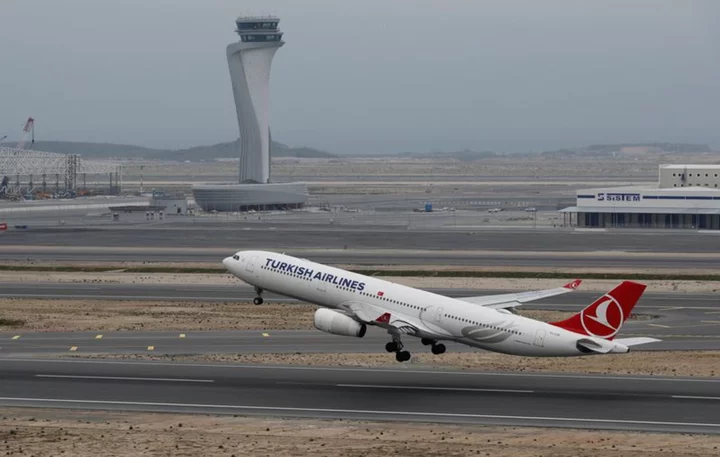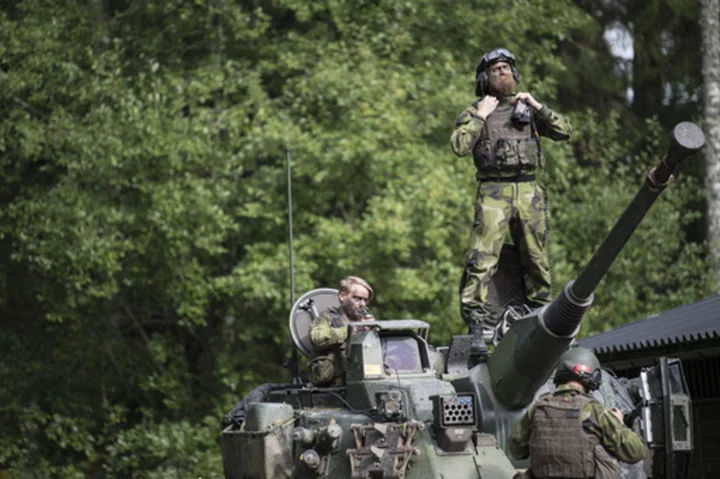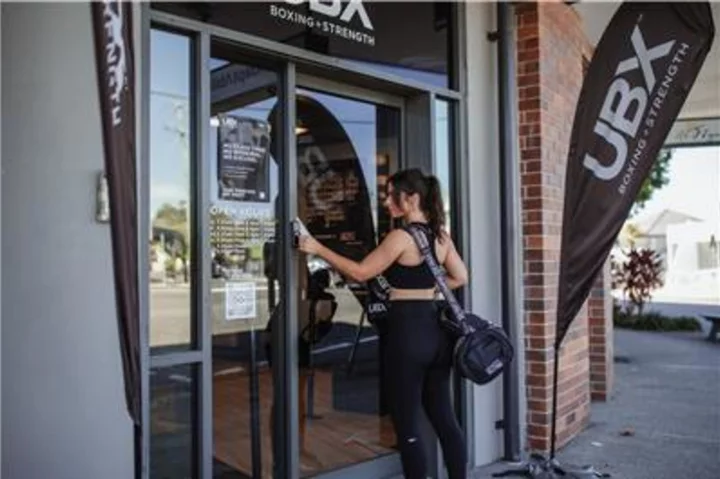By Tim Hepher
PARIS Planemakers can't build them but airlines can't stop buying them.
Even as they wrestle with industrial problems preventing the delivery of jets sold before the pandemic, Airbus and Boeing are totting up billions of dollars of new orders stretching beyond 2030 amid a rebound in air travel.
From Air India to Ireland's Ryanair and a new national airline in Saudi Arabia, a handful of carriers have placed firm or provisional orders for 700 jets.
Turkish Airlines' surprise announcement on Thursday that it plans to order 600 jets in June spells what would be the fourth mega-deal in a few months - upstaging Air India's record order for 470 Airbus and Boeing jetliners.
Turkey's national champion last month announced a 10-year strategic plan including a goal of 170 million passengers by 2033, compared to over 85 million in 2023.
"They are aspiring to build a mega-connector airline from everywhere in Europe to everywhere in Asia and Africa," said Rob Morris, head of global consultancy at UK-based Ascend by Cirium.
That would intensify a battle for connecting traffic between Istanbul's hub and rival centres in Europe and the Middle East.
The announcement surprised many in the industry, however.
U.S. industry analyst Richard Aboulafia highlighted its timing - days before Turkey's May 14 elections - and noted the weight simultaneously being given to strategic aerospace projects including a fighter, attack helicopter and drones.
"And now this plan to make Turkey an airline centre of the world too. The timing looks almost too coincidental," Aboulafia, managing director of Aerodynamic Advisory, said.
An order of such magnitude could also become swept up in broader political topics such as discussions over Turkey's objection to Sweden joining NATO, Jefferies analysts cautioned.
Regardless of the scope or timing, however, analysts said Turkish Airlines' announcement marked a strong statement of intent as carriers that survived the pandemic fight for market share without waiting for global supply chains to stabilise.
OVERLAPPING DEMAND
Istanbul, where President Tayyip Erdogan opened a new $12 billion airport in 2018, is seen by many as a geographically efficient location to challenge major hubs in Dubai and Doha.
Chairman Ahmet Bolat said Turkish Airlines would order 200 long-haul jets and 400 smaller narrow-bodies needed to feed such traffic. The airline's fleet is roughly split between Airbus and Boeing.
Pressure to act was highlighted by Ryanair, whose boss admitted this week to paying more than in the past to secure dwindling supplies of narrow-bodies later this decade.
"Airlines are getting worried about future new aircraft availability and so are perhaps getting spooked into ordering early," Morris said.
The risk, a senior industry source warned, is that multiple airlines are buying planes to try to serve the same travel demand. The resulting overhang could trim profits more broadly.
"It's a civil arms race. Everyone is buying the same planes for the same people - who knows who is going to win? Probably no-one," the source said.
As well as being the world's sixth largest pre-COVID tourist destination, Turkey already competes with Gulf majors Emirates, Qatar Airways and Etihad for transit traffic. Riyadh Air joined the super-connector race with a major Boeing order in March.
Locking in jets so far ahead also involves a gamble on inflation, with escalation clauses potentially adding billions to the value of a large order by the time planes are delivered from the end of this decade.
Only airlines with strict control of costs or strong political support can afford such exposure, experts said.
The boom also comes at a time when airlines face growing pressure to cut emissions.
Critics say ordering planes so far ahead risks diverting attention from a new generation of single-aisle jets, which are expected to become available from the mid- to late 2030s.
Planemakers say currently sold jets are already significantly cleaner than the ones they replace and therefore maximise the benefit from new fuels that are seen as the industry's best hope of meeting net-zero targets in 2050.
But some strategists also see an effort by fast-growing airlines to bring forward purchases of current-generation jets in anticipation of a shortage leading up to technology change.
"The industry will argue this is part of their net-zero strategy because they are efficient aircraft. But they will still be in service in 2050, so that would put a limit on fuel improvements from now to then," a senior industry adviser said.
(Reporting by Tim Hepher; Editing by Mark Potter)









